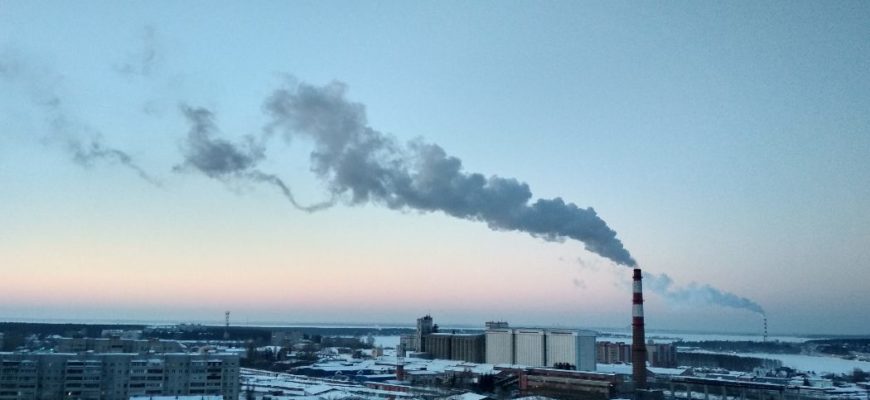
FAQ – Authorizations in general: what they are and when they expire
What are authorizations in general?
These are the authorizations relating to emissions into the atmosphere that allow you to take advantage of the “in derogation” issuance procedure (pursuant to art. 272 paragraph 2 of Legislative Decree 152/2006 and subsequent amendments)
What does the “in derogation” procedure involve?
The “in derogation” procedure provides that the authorization is automatically issued 45 days after the presentation of the “application to join the authorization on a general basis”, using the principle of “silence-consent”.
So is the authorization just a formal document?
Absolutely not! The application for accession to the authorization generally requires the compilation of a Simplified Technical Report, with information regarding the raw materials involved, the processes carried out, the related emissions and the types of any abatement systems envisaged.
The general authorization, which is obtained 45 days after the date of submission of the application to the SUAP (One-Stop Shop for Productive Activities), provides specific requirements regarding the commissioning and operation of the plants, the limits on emissions, the frequency of analytical controls (generally every two years), the management of abatement systems (where present), etc.
What are the activities that can be authorized with an “exemption” procedure?
In Lombardy there are around forty; they are mostly identified on the basis of a maximum annual consumption of raw materials. Among the “in derogation” activities we can mention: vehicle body repair shops, typographies/lithographies/silkscreen printers, production of rubber and plastic articles, painting of wood/glass/metal/plastic, production of paints/inks/adhesives, degreasing of metals with solvent, galvanic treatments, use of mastics/glues, heat treatments of metals, various processes connected to the food industry, die castings, small foundries, welding operations, various mechanical processes, generator sets/emergency engines, electrical discharge machining, medium combustion plants, stone material processing, etc.
Do authorizations obtained “in derogation” expire?
Authorizations “in derogation” are valid for 15 years; the application for renewal of the authorization must be submitted at least 45 days before the expiry date.
Is there a deadline calendar?
Each activity/facility manager will have its own specific authorization expiry; however, in 2009 the Lombardy Region ordered the renewal of all the then existing “exemption” authorizations; these authorizations will therefore expire during 2024 (the date will be verified case by case, based on the authorization acquired at the time).
If changes have been made in the meantime, is the authorization deadline postponed?
No: changes subsequent to the issue of the original authorization (duly communicated) do not affect the validity of the authorisation; the latter is calculated starting from the date of acquisition of the ordinary authorization.
But do the “exceptional” authorizations have anything to do with AUAs?
The authorizations in derogation constitute an authorization provided for by Presidential Decree 59/2013 (which introduced the AUA); however, they are usually managed outside of an AUA procedure, as also provided for by the aforementioned Presidential Decree 59/2013.
Our experts at Dollmar Meccanica can help you best manage all the issues described above:
